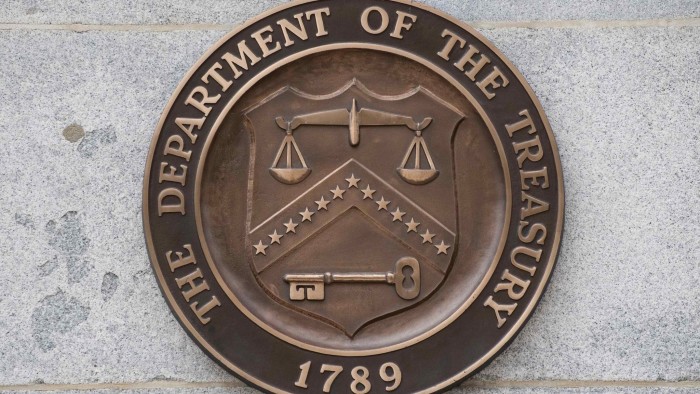US to expand scrutiny of foreign investments

Simply sign up to the US & Canadian companies myFT Digest -- delivered directly to your inbox.
The Trump administration will broaden reviews of foreign investments in critical US technologies as it attempts to protect American knowhow from foreign powers including China.
Under the expanded regime, deals will have to be reported to the Committee on Foreign Investment in the United States where the target business is involved in the design, testing or development of critical technologies related to 27 industries including semiconductors, aircraft manufacturing and biotechnology.
The measures are part of a pilot programme that the Treasury has announced following the passage through Congress of a law cracking down on certain kinds of foreign investment. Under the new rules, Cfius will be allowed to review a broader range of transactions — even those that do not constitute the acquisition of full control of a US business.
Investments covered include those that give the purchaser access to any “material nonpublic technical information” held by the target business, or which confer the right to participate in decision-making related to critical technology. The new regime also establishes mandatory declarations of key investments in US technology.
While the Treasury stressed that the regulations do not target specific countries, they will be seen as a further attempt to crack down on Chinese attempts to gain US technology, during a period of intensifying rivalry between the two countries.
Cfius was created to vet inbound investments into the US for potential national security threats, and the new laws being enacted may significantly expand its workload.
Trade tensions between the two nations have escalated following President Donald Trump’s decision to impose tariffs on about $250bn of Chinese imports. The White House has reserved the option of ratcheting up the levies and further broadening their scope.
The pilot programme announced on Wednesday will cover industries in which strategically motivated foreign investment could pose a threat to America’s “technological superiority and national security”, the Treasury said. It will begin on November 10 and run until final regulations implementing the legislation are enacted, a year or more down the road.
The new laws, which received bipartisan support in Congress, were signed by Mr Trump in August.
As the measures were announced, Rand Paul, a Republican senator from Kentucky, said Cfius should examine Broadcom’s $19bn takeover of CA Technologies, adding that its software is “deeply embedded” in critical infrastructure.
Broadcom, which relocated from Singapore to the US earlier this year, said both companies are “American” and that a memo circulating in Washington about the merger from the Department of Defense was a forgery.
Comments